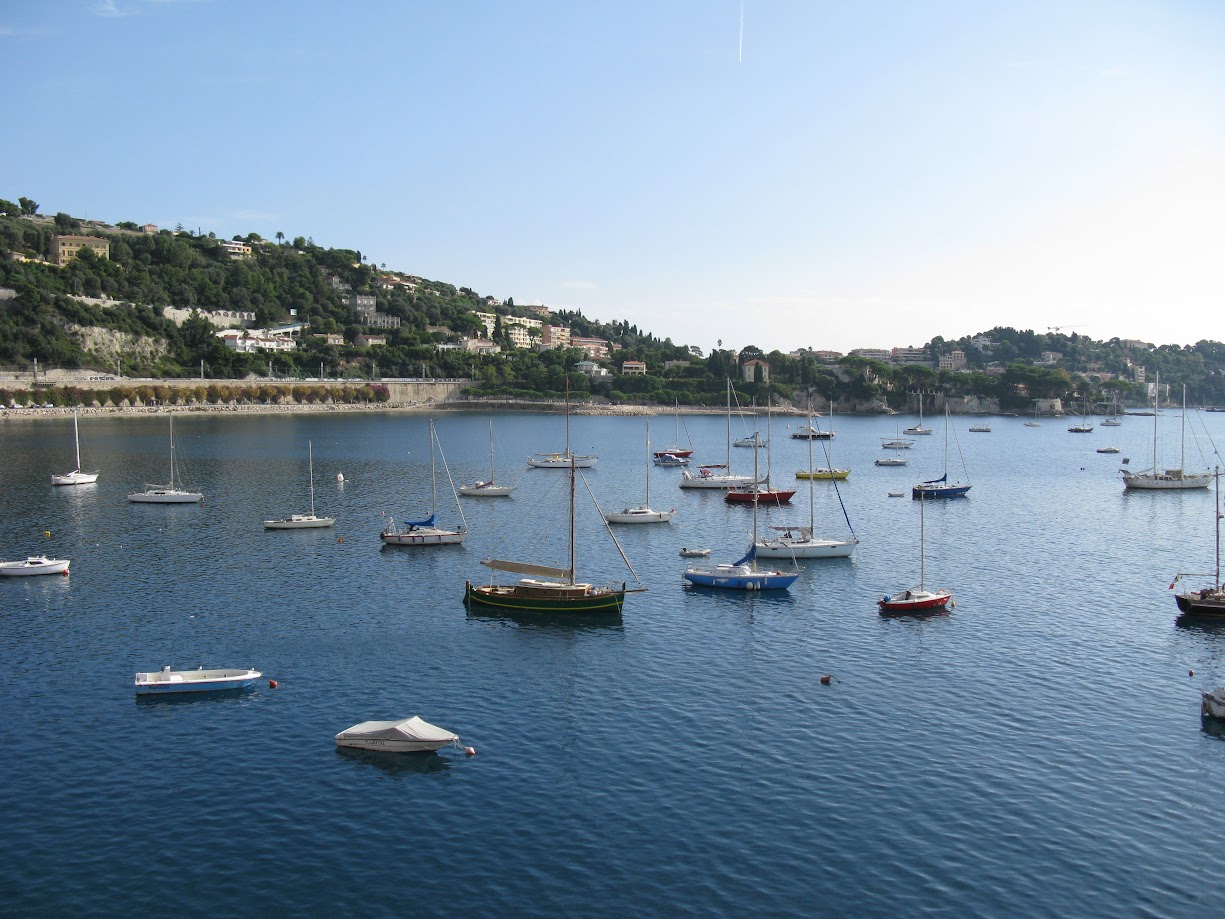Many globetrotting travellers now regularly carry a GPS (Global
Positioning System) with them when they travel. These superb little
handheld devices can be bought for as little as £100, though prices
do go up to several hundred pounds for the most sophisticated
machines. They show your position on earth in latitude, longitude
and altitude, via triangulation from satellites orbiting the earth.
To those of us not blessed with a great sense of direction,
especially when exploring a new city, these devices are a godsend.
Just “Mark” the co-ordinate of your hotel for example, wander all
day and then your little machine will guide you back home in the
evening. If you know the GPS co-ordinate of the
sight you want to visit, these little boxes can save you time by
taking your straight there, as depending on conditions they can be
as accurate as 10ft.
Though GPS's are a great
piece of kit to have with you they are used in more serious
applications. For example Padmassana recently went to a lecture on
volcanoes and the lecturer described how GPS's are being
used to monitor the height of the land in volcanic areas. The land
rising if only by centimetres over a period can signify that magma
is building up underneath and indicate that an eruption is more
likely and hopefully give the authorities an opportunity to
evacuate the area.
To those who already have a GPS, most will know about Geocaching. A
global game of hide and seek using a GPS. Globie Tracey introduced
Padmassana to this “sport” on a Globetrotters weekend away. On the
website www.geocaching.com
you type in your postal code (in countries that have this system)
and you will be taken to a page showing “Caches” within a 10-mile
radius. The Cache is normally hidden and usually has the form of a
plastic box with some trinkets in. Most Geocachers leave something
and take something. There is always a book to record your visit and
sometimes a throwaway camera for you to take a picture. Once back
home you can go online and record your visit, this allows the
person who planted the cache to know how often it is being found or
not as the case may be. Some caches are just one location, but many
are a series of clues leading to a final cache. For example you may
be given the co-ordinates of a church, where you have to look for a
particular grave, then transpose a date of birth into another set
of co-ordinates, which take you to another clue and so on.
 In some cache’s you may be lucky and come across a
In some cache’s you may be lucky and come across a
“Travel bug”, these are small metal dog tag beetles with a number
on. If you decide to remove this from the cache you must put it in
the book. Once you get home look up the Travel bug online and see
what its mission is, some want to reach a particular destination,
others just want to visit as many places as possible. Your mission
once you have discovered what the bug wants to do is to help it on
its way by planting it in another cache, which hopefully helps it
get nearer to its goal.
Since the first cache was “planted” near Portland Oregon in May
2000, the worldwide number of caches has increased to over 90,000
and are hidden in 199 countries. In the UK alone there are around
3000 hidden caches. In just one 7-day period in March 2004, over
64,000 caches were logged as “Found”, which goes to show what a
popular pastime this has become. (Figures courtesy of www.fingertech.co.uk)
Now this is where we want all you Globetrotters out there to do
your part. I am trying to put together a database of co-ordinates
of famous sights and monuments, for example: Buckingham Palace in
London is located at N51 30.101 W000 08.487.
We are inviting you to take part in geocaching in your area –
please take two or three readings to make sure they are as accurate
as possible, then e-mail the following information 1) The site 2)
The address 3) Its co-ordinates 4) Your name to gps@globetrotters.co.uk
Once we have begun to build a database it will be made available to
all Globetrotters to enjoy.
By the way, Padmassana released a travel bug on Monday, April 05,
2004 in the UK. The mission of the travel bug is as
follows: to travel far and wide, but my dream is to visit
Iran. I would like to visit caches in England, France, Italy,
Greece, Turkey and finally Iran.

